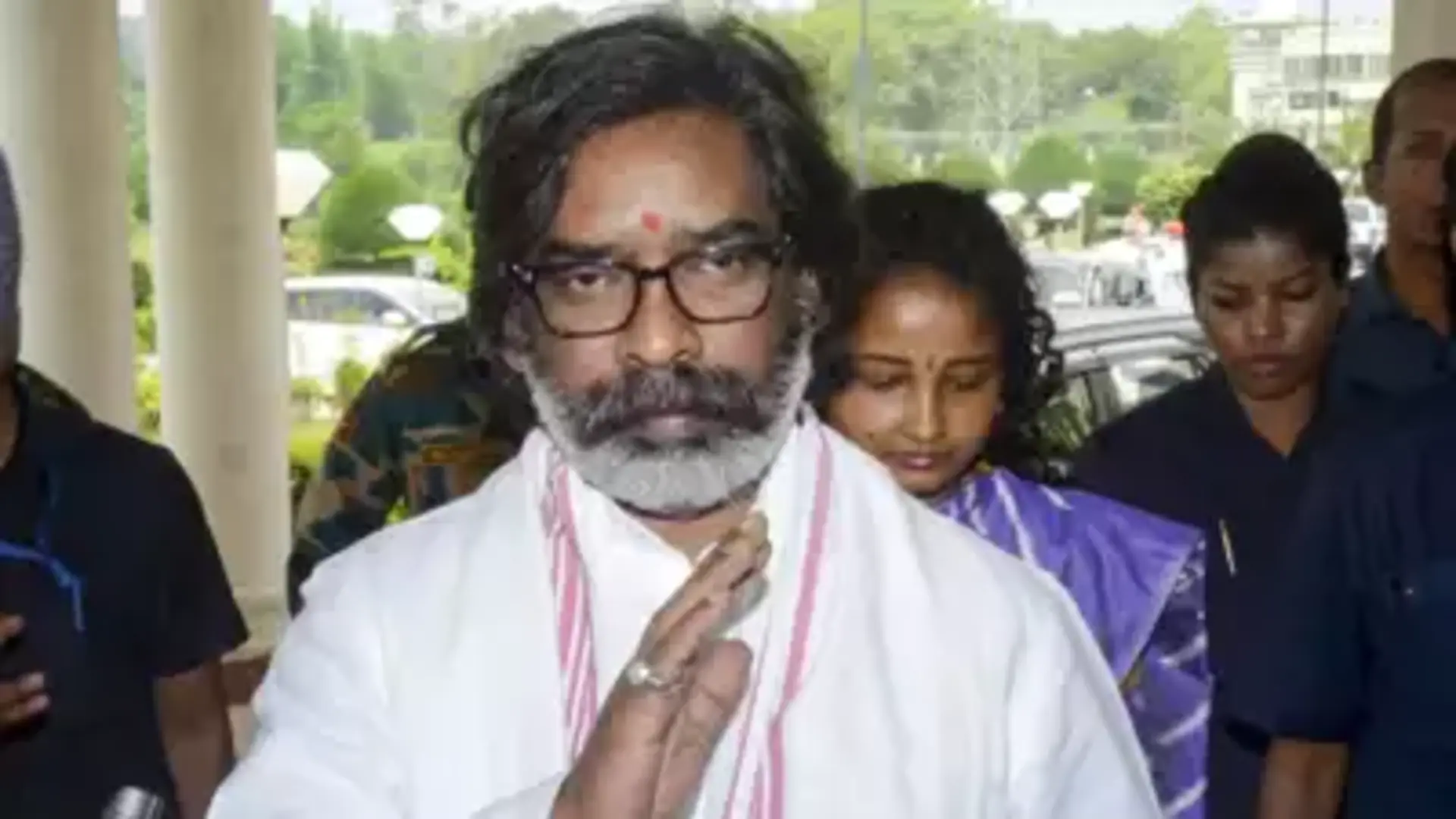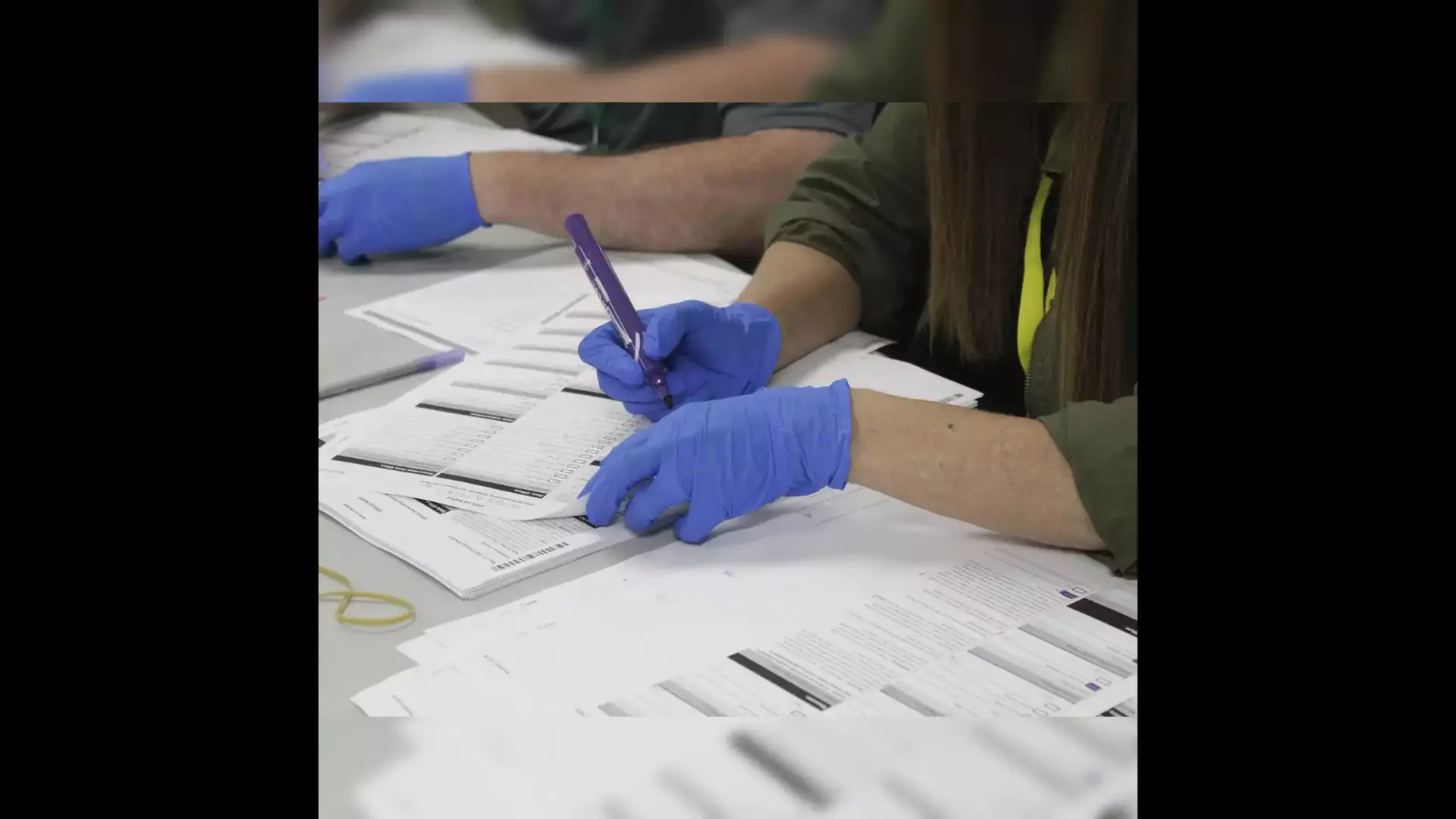
In a bid to tackle the escalating threat of antibiotic resistance, the National Medical Commission (NMC) has rolled out comprehensive guidelines mandating restraint in antibiotic prescriptions without prior diagnostic tests. These directives, aimed at faculties and senior residents in medical colleges across India, underscore the imperative of prescribing antibiotics or antimicrobials based on rigorous clinical evaluation and the identification of likely pathogens.
Emphasizing the necessity for accurate diagnosis through thorough history-taking and clinical examination, the guidelines advocate selecting the appropriate tests before initiating antimicrobial therapy. The NMC stresses that antimicrobials should only be administered after confirming a clinical diagnosis to ascertain the most probable organism causing the illness.
The guidelines also limit the use of empiric antibiotic therapy—prescribing antibiotics based on experience—to cases of severe illness where the exact cause remains unclear. This cautious approach follows a directive earlier this year by the Directorate General of Health Services under the Ministry of Health and Family Welfare, mandating doctors nationwide to specify the indication for each antibiotic prescription.
Antimicrobial resistance (AMR) poses a significant global health threat by rendering antibiotics less effective against infections, complicating treatments for diseases ranging from pneumonia to tuberculosis. The guidelines highlight the emergence of multi-drug resistant organisms, or “superbugs,” which further exacerbate treatment challenges and increase the risk of severe illness and mortality.
To address these concerns, the NMC’s guidelines advocate optimal dosing based on individual patient characteristics such as age, weight, and renal function, alongside other relevant factors. They emphasize the importance of ongoing review of empiric antimicrobial therapy to ensure appropriateness and efficacy.
By promoting prudent antibiotic use, the NMC aims to align with global efforts to curb antimicrobial overuse and safeguard the effectiveness of crucial drugs essential for surgeries, chemotherapy, and managing chronic infections. These measures are pivotal in mitigating the public health risks associated with rising antimicrobial resistance across India and globally.
The guidelines are part of a broader initiative by the central government to combat the overuse of antibiotics and mitigate the growing challenge of antimicrobial resistance, which threatens to undermine advancements in modern medicine.















